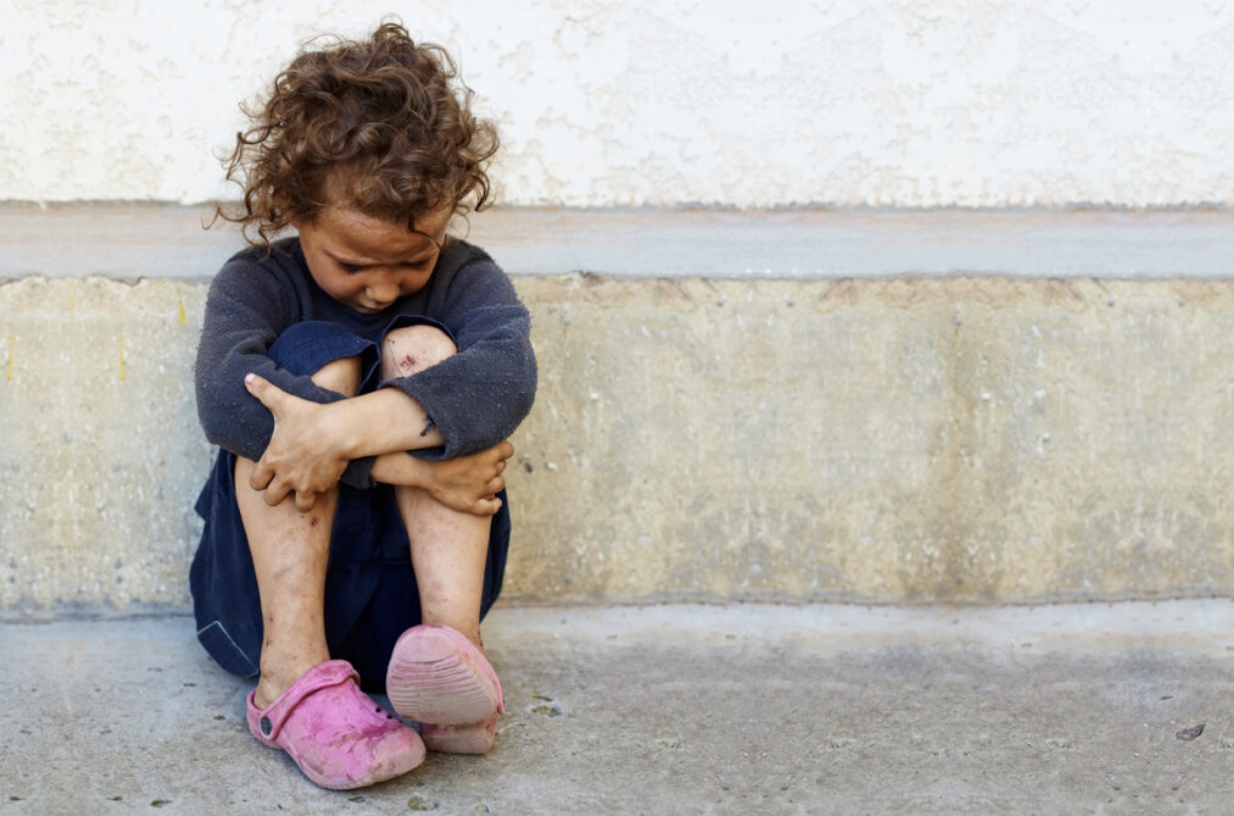-
Poverty’s Impact on the Developing Brain

In this paper, we discuss how socioeconomic status (SES) influences child development through poverty’s interaction with stress, caregiving, and neighborhood context. We highlight evidence that toxic stress, reduced caregiving quality, and neighborhood disadvantage impair brain development, while policy interventions such as financial assistance can buffer these effects and promote healthier developmental trajectories.
-
No Brain Gets Left Behind

This article is authored by Dominic Tran with the mentorship of Sarah M. Tashjian and is a part of the 2018 pre-graduate spotlight week. For most kids in the United States, formal schooling begins at the age of 5 as they enter elementary school and learn the essential skills of reading, writing, and mathematics. Although…
-
Polyvagal Theory Part 1: The Wandering Nerve

The polyvagal theory is a neurobiological theory relating social engagement, physiology, and developmental outcomes. When I was first learning the theory, I struggled to understand some of the theory’s basic terms and could not find a resource that simplified it. Therefore, this three–part series of articles is intended to serve as an introduction to the…
-
A Meditation On Meditation: Behavioral Flexibility and Success

As an undergraduate I worked for a man who was, if nothing else, compelling. Tall and trim, with a bushy handlebar mustache, slicked back hair, and a propensity for pulling out and smoking an e-cigarette in the middle of lab meetings, my adviser could often be heard shouting expletives at his computer from down the…
-
How does the brain support parent-child attachment?
Experiences early in life, when infants are highly dependent on their caregivers, can have profound effects on the brain. Research has shown that even young infants quickly learn the special relevance of their caregiver. For example, infants prefer their caregivers to strangers, learn to stay close to their caregivers, and are soothed by their caregivers…


